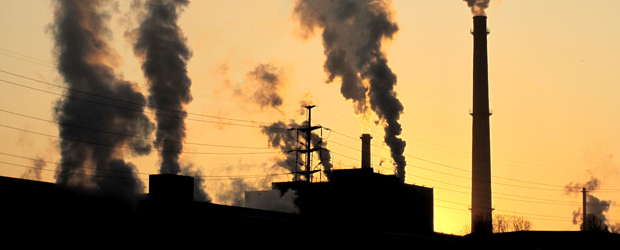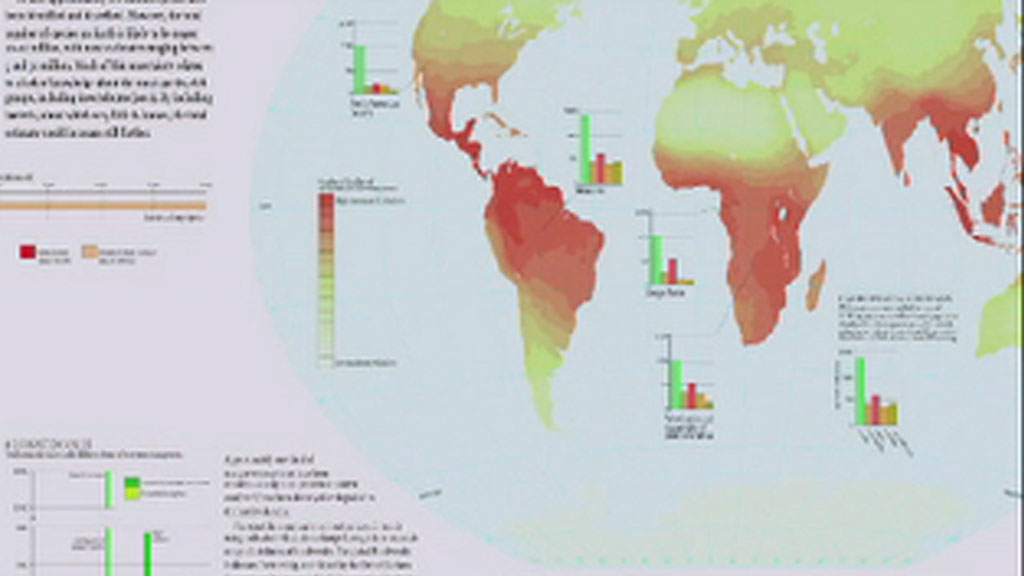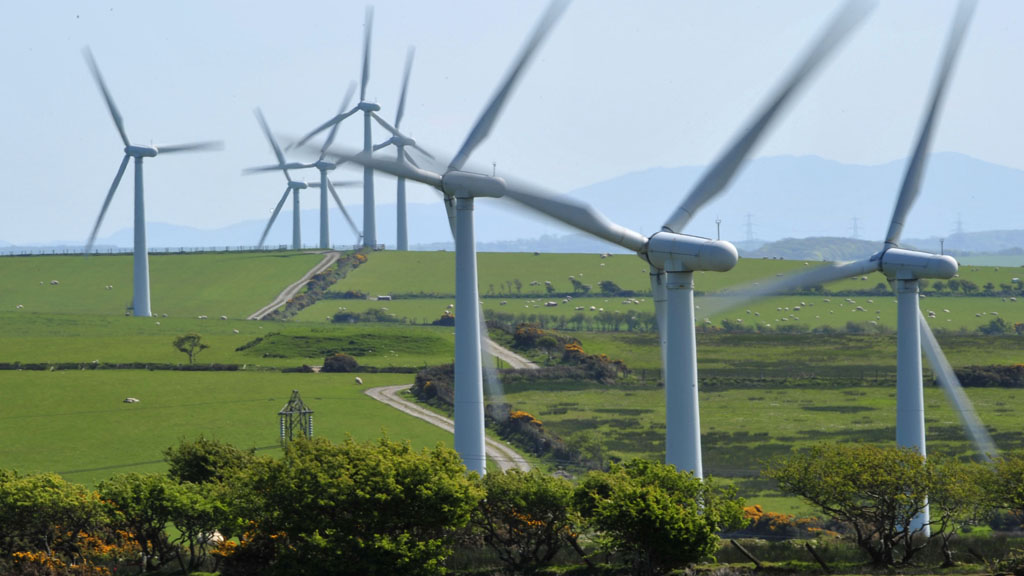Can climate change deal be done in Durban?
As the UN’s climate chief says she believes a deal can be done to cut greenhouse gases, China’s representative in Durban tells Channel 4 News his country is open to legally binding targets.
The UN’s climate chief says she believes countries can snap the deadlock that has lasted for years and sign up to fresh and binding commitments to cut greenhouse gases, after a week of climate talks between nearly 200 nations.
“Countries are now looking at how they might bring about a second commitment period, and no longer if there is going to be a second commitment period,” Christiana Figueres said.
The summit saw its first mass protests as thousands demanding action be taken took to Durban’s city centre and marched by the conference hall with signs reading “There Is No Planet B”.
The major players on the global stage have laid out their positions since the talks opened on Monday, with China and the United States, the two biggest emitters, each waiting for the other to commit before agreeing to a binding deal.
Canada, Russia and Japan have said they will not renew the 1997 Kyoto Protocol pledges that expire next year, while the European Union wants to broker a new, global pact.

China ‘open’ to legally binding targets
China, the world’s largest CO2 emitter, but not bound by Kyoto’s obligations, helped revive the troubled talks by saying it could join a legally binding deal to cut its emissions.
Su Wei, China’s lead negotiator, told Channel 4 News the country is “very open” to legally binding targets.
He added: “For developing countries we take the climate threat very seriously and we are the most affected on earth by the impact of climate change.”
Wei said he was “optimistic but realistic” that the outcome of the Durban talks would be a success.
Read more: World is warming after all
Funding concerns
There are concerns about how a fund, designed to tackle climate change, will be paid after the idea of taxing financial transactions was not present in a draft document released on Saturday. Its omission has raised concerns among environmentalists.
Other proposals still on the table include shipping and aviation taxes.
“There is actually a real danger that the money is falling out of the text,” said Tove Ryding, a climate campaigner for Greenpeace.
The draft negotiating text that applies to all parties in the UN talks lists options on various points that will be used for discussions when more senior envoys and ministers arrive next week.
UN envoys called the text a “snapshot” of where the talks are after a week.
The text lists three options for filling the $100bn a year fund that range from going beyond the original goal more quickly to “(providing) ongoing support … to address the urgent and immediate needs of developing countries that are particularly vulnerable,” without mentioning a specific monetary goal.
More on climate change
-

REDD for stop at climate conference
01 December 2011
-

New atlas charts environmental change
15 September 2011
-

Government stumbles over climate step-change
30 June 2011
-
Latest news
-
Taylor Swift’s new break-up album breaks records3m

-
NHS trust fined £200K for failings that led to death of two mental health patients3m

-
Sunak vows to end UK ‘sick note culture’ with benefit reform3m

-
‘Loose talk about using nuclear weapons is irresponsible and unacceptable’, says head of UN’s nuclear watchdog3m

-
‘There wasn’t an Israeli attack on Iran,’ says former adviser to Iran’s nuclear negotiations team7m

-







